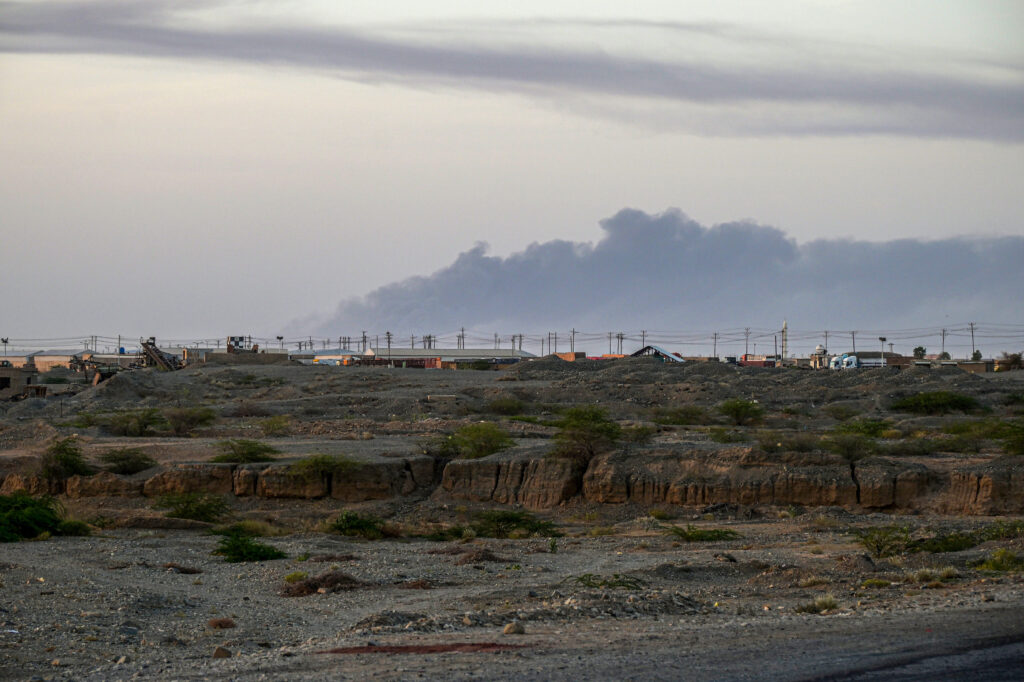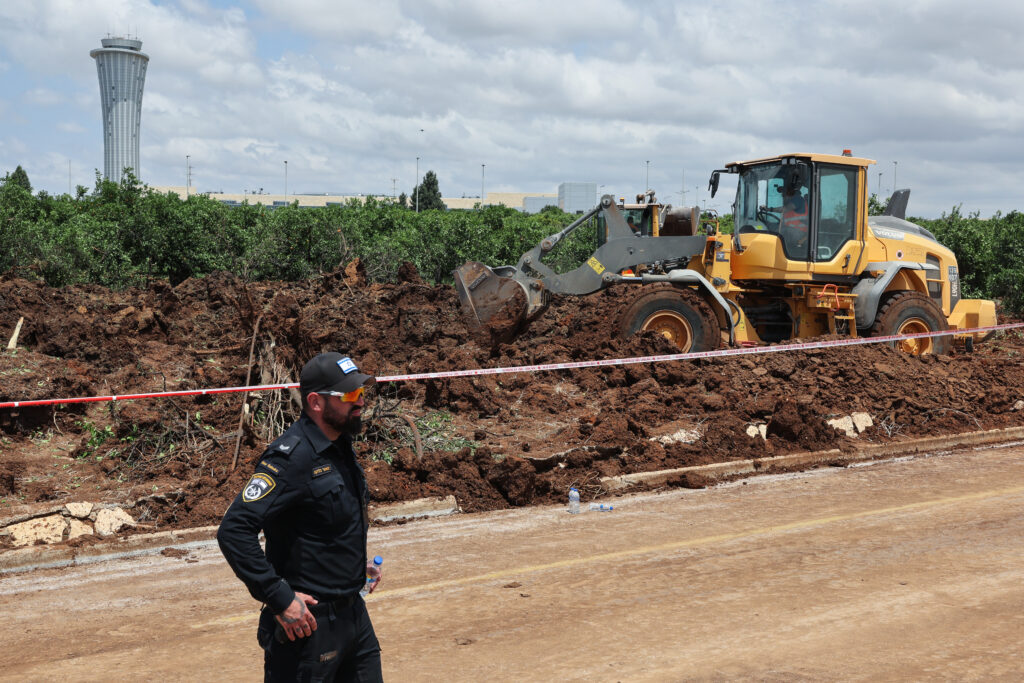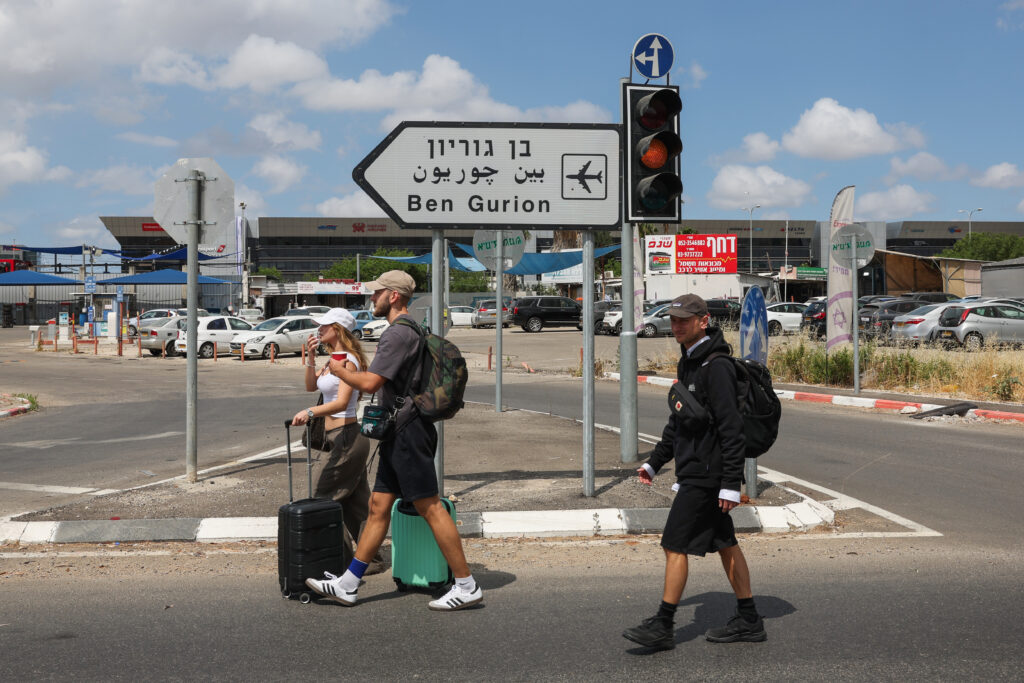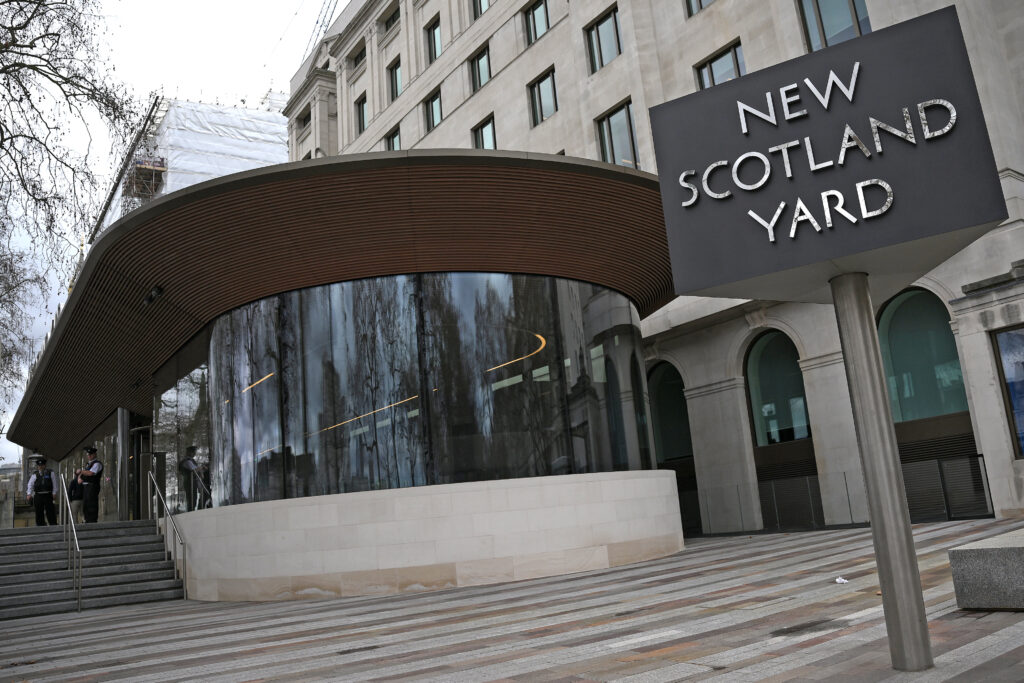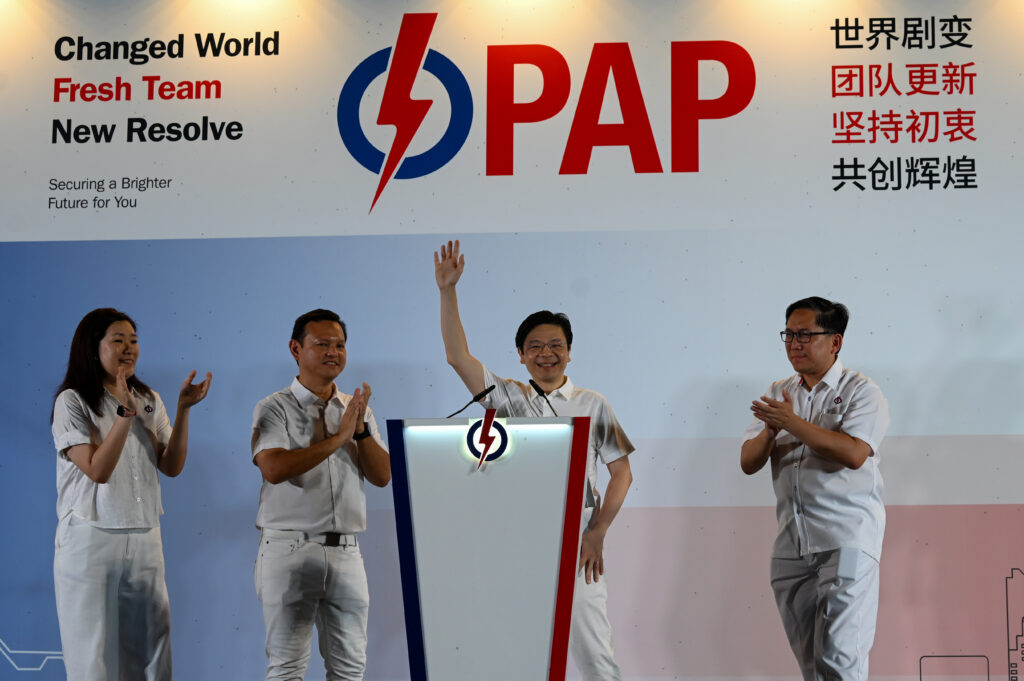Paramilitaries launch first attack on Port Sudan: army
Sudanese paramilitaries on Sunday struck Port Sudan, the army said, in the first attack on the seat of the army-aligned government in the country’s two-year war.The paramilitary Rapid Support Forces (RSF), battling the regular army since April 2023, have increased their use of drones since losing territory including much of the capital Khartoum in March.Army spokesman Nabil Abdallah said in a statement that the RSF “targeted Osman Digna Air Base, a goods warehouse and some civilian facilities in the city of Port Sudan with suicide drones”.He reported no casualties but “limited damage” in the city on the Red Sea coast.AFP images showed smoke billowing from the airport area of Port Sudan, about 650 kilometres (400 miles) from the nearest known RSF positions on the outskirts of Khartoum.Later Sunday, an AFP correspondent reported anti-aircraft missiles trying to shoot down another drone flying towards an air base west of the city.In the eastern border town of Kassala, some 500 kilometres south of Port Sudan, near Eritrea, witnesses said three drones hit the airport for the second day in a row.At dawn on Sunday, an AFP correspondent in Port Sudan said his home about 20 kilometres from the airport shook as explosions were heard.A passenger told AFP from the airport that “we were on the way to the plane when we were quickly evacuated and taken out of the terminal”.Flights to and from Port Sudan, the country’s main port of entry since the war began, were suspended until further notice, a government source told AFP.The rare attacks on the airports in Port Sudan and Kassala, both far from areas that have seen much of the fighting since April 2023, come as the RSF expanded both the scope and frequency of its drone strikes.The paramilitaries led by Mohamed Hamdan Daglo are battling the regular army, headed by Sudan’s de facto leader Abdel Fattah al-Burhan, in a devastating war that has killed tens of thousands of people and uprooted 13 million.- Drone warfare -In the conflict’s early days, the government relocated from Khartoum to Port Sudan, which until Sunday’s attack had been spared the violence.UN agencies have also moved their offices and staff to Port Sudan, where hundreds of thousands of displaced people have sought refuge.The conflict has left Africa’s third largest country effectively divided.The army controls the centre, east and north, while the RSF has conquered nearly all of the vast western region of Darfur and parts of the south.Lacking the army’s fighter jets, the RSF has relied on drones, including makeshift ones, for air power.Sudan’s government has accused the United Arab Emirates of supplying the paramilitaries with advanced drones. The Gulf state has long denied reports from UN experts, US politicians and international organisations that it was providing support to the RSF.Satellite imagery analysed by Yale University’s Humanitarian Research Lab, which tracks the conflict using remote sensing data, shows six advanced drones at the RSF-controlled Nyala Airport in Darfur.In a report issued in April, it said the Chinese-made drones “may be capable of long-range surveillance and strikes”.- ‘No safe place’ -Saudi Arabia, which had previously mediated truce talks, on Sunday condemned the RSF’s attacks “on vital facilities and infrastructure in Port Sudan and Kassala”, describing them as “a threat to regional stability” and security.Sunday’s attack is the latest in a series of RSF drone attacks on military and civilian infrastructure deep in army-held territory.A retired Sudanese army general, speaking to AFP on condition of anonymity, said the attacks “serve to send a message” that “there is no safe place” for the RSF’s rivals.”Their other objective is to halt air traffic,” he said, as well as “destroying the weapons depot at the Osman Digna base, which would impact the armed forces’ supply chain”.On Saturday, a source from the army-aligned government reported the war’s first drone attack on Kassala.A drone strike on Thursday hit an army base in the southern city of Kosti, about 100 kilometres from the border with South Sudan.In late April, a drone strike on the city of Atbara, half way between Port Sudan and Khartoum, caused electricity blackouts in several areas including in Port Sudan.
